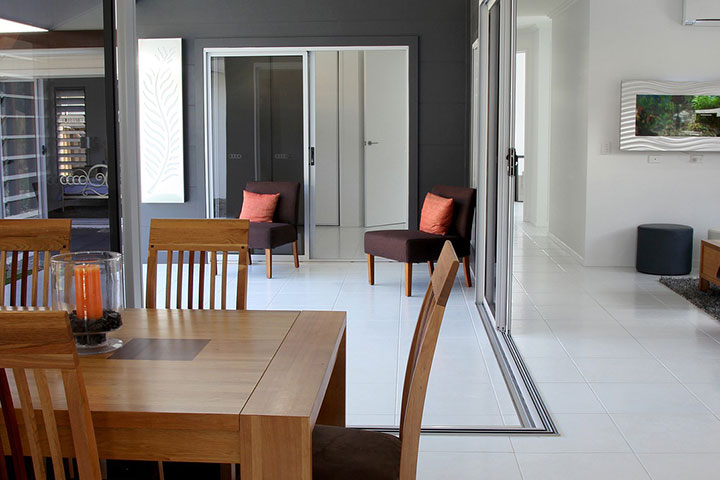Enabling Energy Efficiency in Rental Properties
Enabling Energy Efficiency in Rental Properties
Enabling Energy Efficiency in Rental Properties
Program: Dow Distinguished Awards
All Dow Distinguished Awards projects »

Team Members
Cassie Brown, Alicia Chin, Amy Eischen, Efrie Friedlander, and Emily Taylor.
Summary
Members of the rental market (landlords as well as renters) are at a particular disadvantage when looking to finance energy efficiency projects. The commercial banking sector, with some of the largest amounts of capital to expend for project financing, often denies loans to multi-tenanted properties, as these projects lack loan security (Freehling, 2011). Furthermore, large financial institutions are generally disinterested in the small scale of energy efficiency upgrades possible in multi-tenant homes or buildings.
This pilot project seeks to overcome these disadvantages in the Ann Arbor, Michigan market. The Ann Arbor rental market is unique for several reasons. First, it has a high turnover rate with the student population which creates about 7,000 new renters each year, many whom are signing a lease for the first time (Green Rental). Second, demand often exceeds supply, which creates little incentive for landlords to make property improvements. Third, it is difficult for the City to raise funds for energy efficiency improvements with taxes on utilities, since utilities are privately-owned. Fourth, the rental market consists of many small management companies that own less than 10 rental properties, many of which are former single-family homes that have been converted to multi-unit dwellings.
Our project involves a two-pronged approach. First, the proposed program would offer grant-supported financial incentives and low-interest loans to landlords wishing to implement energy efficiency upgrades in their rental units. Second, the program would incorporate outreach and education efforts, such as a “green lease” program, whereby property owners agree to manage their unit in a sustainable way and renters pledge to reduce energy consumption and engage in more environmentally conscious behaviors.
Sustainability goals concerning energy efficiency are included in the City’s master plan (Sustainability Framework) and the City has HUD Sustainable Communities Challenge grant funding through 2015 dedicated to improving energy efficiency. However, they need to solve the challenge of addressing the rental market if they are to improve overall energy efficiency in the residential sector. While the City is making the shift toward energy efficiency, it is primarily grant funded. There is a need to implement systems to promote energy efficiency in the long- term for the rental market. Our team is communicating with the City of Ann Arbor about potential strategies.
The success of this project will not only help establish sustainable program within the town of Ann Arbor, but will positively impacting the town’s overall energy footprint.